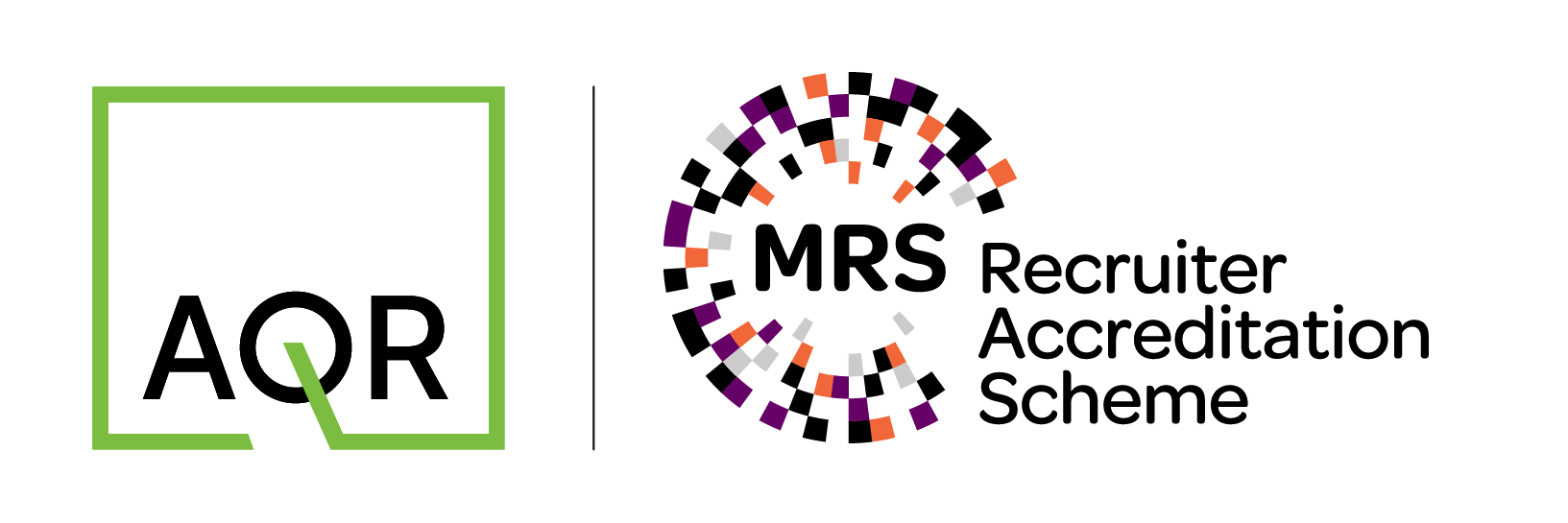All MRS websites use cookies to help us improve our services. Any data collected is anonymised. If you continue using this site without accepting cookies you may experience some performance issues. Read about our cookies here.
RAS Learning Modules (Core)
RAS (Core) is comprised of 5 learning modules – designed to give you the knowledge and understanding required to successfully sit assessment:
- Understand the basic principles and concepts of research
- Understand the role of research recruitment
- Understand the different techniques used for research recruitment
- Understand the legal and ethical requirements which underpin research
- Understand the basics of project management
It is strongly advised that you undertake all modules within the training materials before taking the assessment, in particular the higher weighted module Data Protection and GDPR.
The modules are as follows:
Introduction to Qualitative Market and Social Research
This is the first module in the Recruiter Accreditation Scheme. Whether you are an experienced recruiter or new to the industry we hope that you find the modules interesting and informative. In this module we describe and define the nature of qualitative research, the methodologies used in market and social research and the essential part that recruiters play in this process. We also look at the role of the researcher and the links between research and recruitment.
If you are a new recruiter you will find there is a lot of new and unfamiliar terminology to learn. Our glossary of terms is available to help you with an explanation of regularly used terms.
Traditional Recruitment Methods for Qualitative Research
This module explains the established methods of qualitative recruitment which have been widely used in the UK for many years. The module covers the different types of research you may be asked to recruit for in your market and social research career. It also covers the types of participants that are frequently recruited and highlights points that you must take into consideration when recruiting them..
Where applicable there are references to the MRS Code of Conduct to show important points and ethical considerations that you should be fully aware of and which are seen as best practice within the research sector. The UK Data Protection Act 2018 will also be quoted where you have to be aware of legal requirements governing the processing of personal data on identifiable living people. There is a further module which takes you through the Data Protection Act in more detail.
You need to register with the Information Commissioner's Office (ICO) before you start to collect participant information (personal data). Registration can be completed online here . It is very straightforward and has a nominal fee.
New and Emerging Recruitment Techniques
Traditional market and social research recruitment methods such as recruiting from a database of pre-registered potential participants are now being complemented by the use of social media as a recruitment tool. Social media can be useful as a recruitment tool as it can enable you to reach participants quickly and to source previously hard to reach audiences. Social media can also be used to source participants outside of your usual geographical location and catchment area. Like any other business tool social media needs managing to get the best out of it and to avoid any pitfalls.
In this module we look at best practices when using social media for recruitment. We also examine technologies such as apps and online communities where their use in research has an impact on recruitment and data protection.
Data Protection and GDPR
As recruiters you collect, process, and transfer data about people in the course of your jobs. This means you have to comply with the law about the processing of personal data as set out in the UK Data Protection Act 2018. It doesn't matter whether you are a sole trader with all your participants on a card file index or a multi-national company with thousands of records on a digital database, the Data Protection Act applies to everyone. There is an independent authority in the UK responsible for regulating the Data Protection Act. This is the Information Commissioner’s Office, known as the ICO.
In this module we will look at the General Data Protection Regulation (GDPR) and the Data Protection Act 2018 and explain the terms used, the principles and the application for research and research recruitment. This guidance will help you understand your obligations and inform you about the kinds of steps you should be taking in order to be compliant with the legislation when you collect and retain personal data about your staff or your participants. Whatever the size of your business you must have a Data Protection Policy and keep it updated. The Resources section has a number of data protection templates to help you meet your compliance obligations.
The information contained in these modules is not legal advice. It aims to give awareness of the Data Protection Act 2018 with specific reference to market and social qualitative research recruiters, to highlight significant areas and illustrate industry best practice. For specific queries you are advised to seek advice from MRS, the ICO or obtain independent legal advice. Useful websites and telephone numbers can be found at the end of this module.


